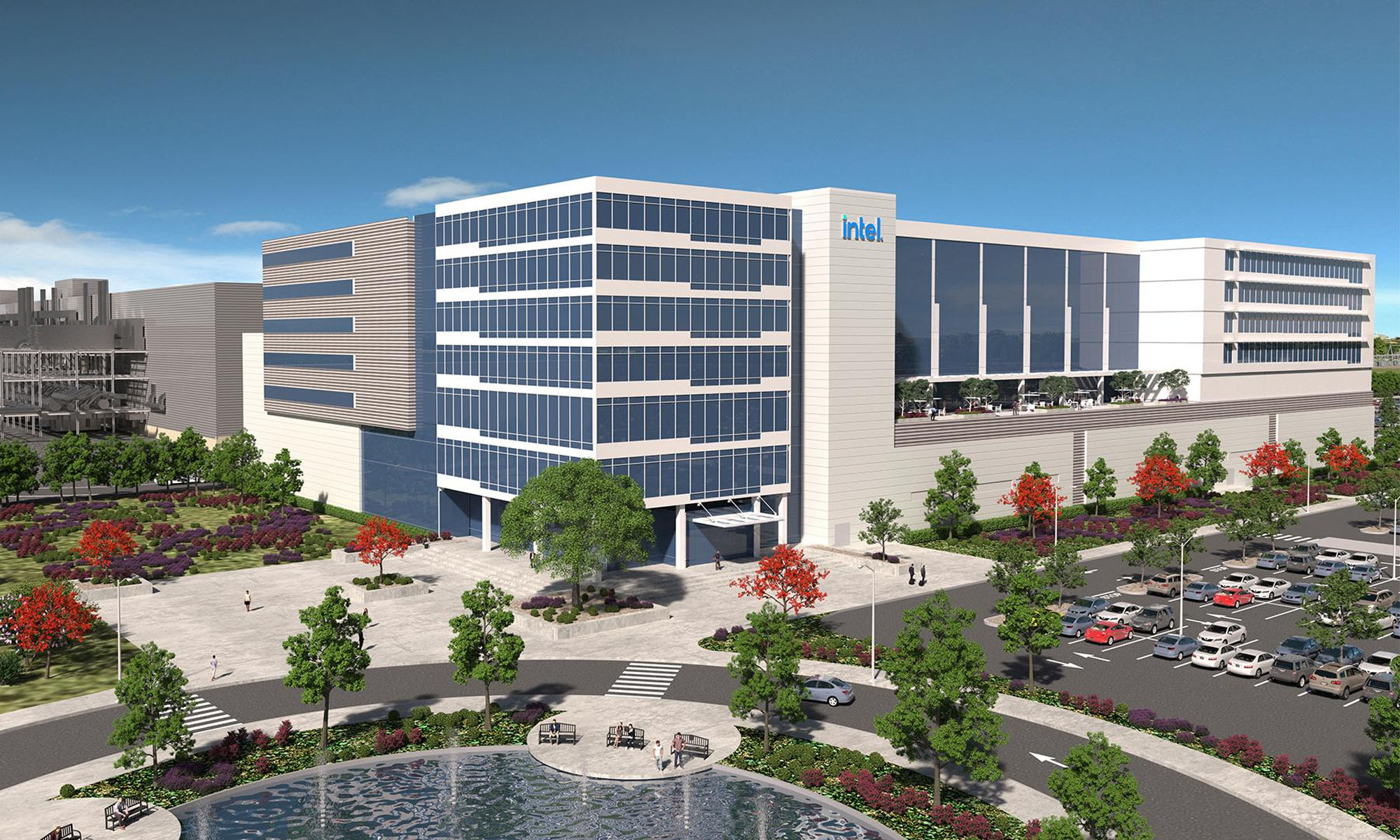News
Intel Invests Additional $15 Billion In Israeli Chip Facility
Intel’s huge investment comes in addition to the $10 billion already committed by the well-known processor company back in 2019.

On Sunday, Israel’s Ministry of Finance announced that the country had reached a new agreement with processor giant Intel that will see $25 billion of investment go towards an updated chip-making facility in Kiryat Gat.
The investment adds another $15 billion on top of the $10 billion earmarked for the proposed factory back in 2019, after the global COVID pandemic delayed construction. The new facility will be significantly more advanced than in the original plans, forming part of a larger production site known as Megafab.
Intel hasn’t yet commented directly on the investment details, but a press release was quick to praise Israeli expertise: “Israel is a global center of technical talent and innovation and one of Intel’s significant global manufacturing and R&D centers. Since its establishment in 1974, Intel Israel has played a crucial role in Intel’s global success. Our intention to expand manufacturing capacity in Israel is driven by our commitment to meeting future manufacturing needs and supporting Intel’s IDM 2.0 strategy, and we appreciate the continued support of the Israeli government”.
Also Read: Dubai Hospital Delivery Drone Completes Successful First Trial
Formal approval of the new agreement is expected to happen in a few weeks as Intel ramps up its international efforts to expand worldwide production capacity. According to a press release from the Israeli finance ministry, thousands of additional technicians will be required in Kiryat Gat, with Intel offering higher wages than the industry average. Additionally, the processor company has agreed to increase its tax obligations from 5% to 7.5%. Intel aims to close the investment deal and commence plant operations by 2027, operating the complex until at least 2035.
As manufacturers like Apple opt to develop their own processor architectures, Intel increasingly needs to adapt to a changing global market worth trillions of dollars. The company’s recent investment in Israel comes shortly after announcing a $4.6 billion deal to build a chip assembly and testing facility in Warsaw, Poland, and joins existing manufacturing facilities in Ireland and Germany.
News
Mamo Completes $3.4M Funding Round To Enhance Fintech Services
The startup will use the influx of cash to expand into Saudi Arabia and across the wider GCC while improving its product offering.

UAE-based fintech Mamo has announced the completion of a $3.4 million funding round that will help the startup extend its market presence and improve its product offering. Investors included 4DX Ventures, the Dubai Future District Fund and Cyfr Capital.
Mamo’s platform offers “payment collection, corporate cards and expense management” to help small and medium-sized businesses consolidate and streamline their operations. With the latest influx of capital, Mamo will further develop its comprehensive suite of services and begin testing its product lines in Saudi Arabia, further extending its footprint across the GCC.
Imad Gharazeddine, co-founder and CEO of Mamo, stated: “We’ve been in the market for a while now and are incredibly proud of what our team has achieved. The holistic and expansive nature of our product offering has helped us continue to grow sustainably. This additional funding will allow us to reach our medium-term goals even faster. The support from new and existing investors is a testament to our strong expertise and the ability to deliver on our customer promise”.
Daniel Marlo, General Partner of lead investor 4DX Ventures, added: “We have immense trust in Imad’s vision, leadership and Mamo’s innovative approach to provide a user-friendly and comprehensive financial solution for SMEs that makes financial management more accessible and efficient. We are proud to partner with them and support their mission”.
Also Read: A Guide To Digital Payment Methods In The Middle East
Amer Fatayer, Managing Director of Dubai Future District Fund’s investment team, also commented: “Mamo’s localized product lines serve as an infrastructure for SME payments and spend management in UAE, a segment that is underserved by the country’s current banking infrastructure. The team has taken a product-first approach to consolidating SMEs’ financial journeys and building a fintech solution deeply embedded in a business’s core operations”.
To date, Mamo has raised around $13 million in investment funding and now boasts a team of 30 people. The company’s intuitive financial services platform has allowed over 1,000 businesses to consolidate their financial operations and significantly reduce payment fees.
-

 News4 weeks ago
News4 weeks agoAmazon Prime Day 2024: Get Ready For 6 Days Of Amazing Deals
-

 News4 weeks ago
News4 weeks agoSamsung Unpacked 2024: What To Expect From The July 10 Event
-

 News3 weeks ago
News3 weeks agoCoursera Report Shows Surge In UAE Interest In AI Upskilling
-

 News4 weeks ago
News4 weeks agoMeet Dubai’s Groundbreaking Smart Robot Delivery Assistant
















